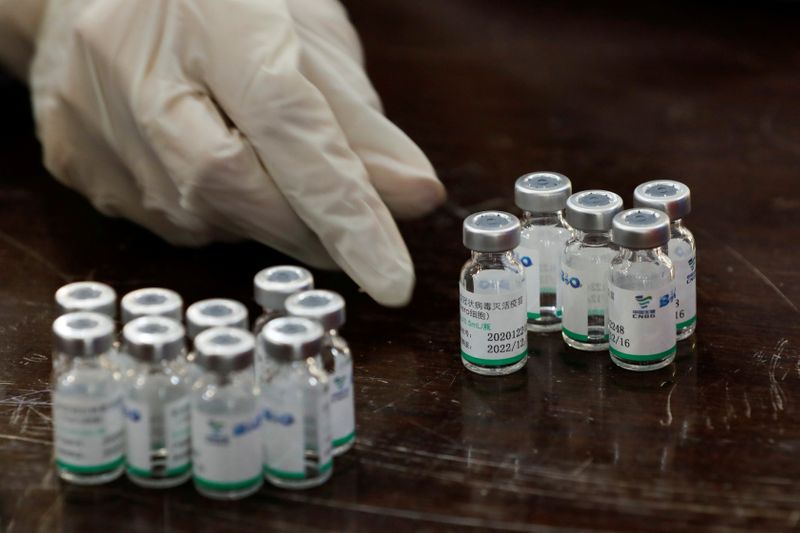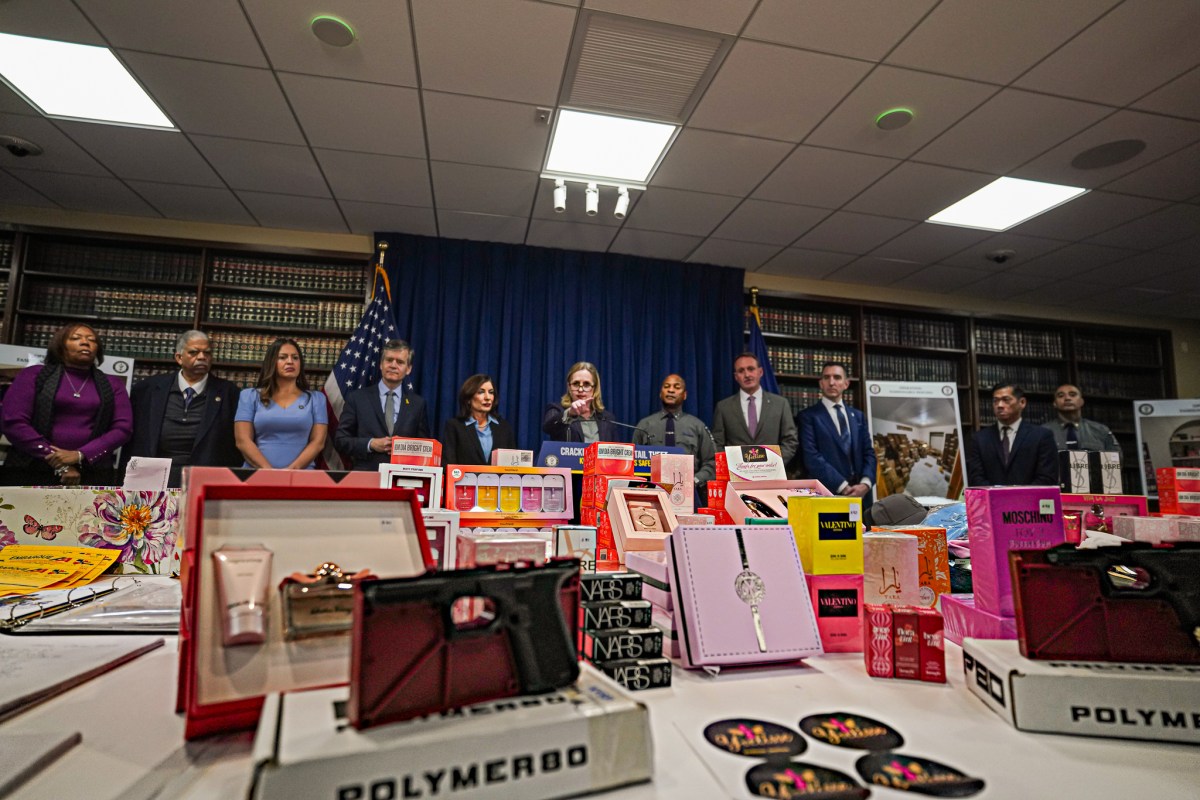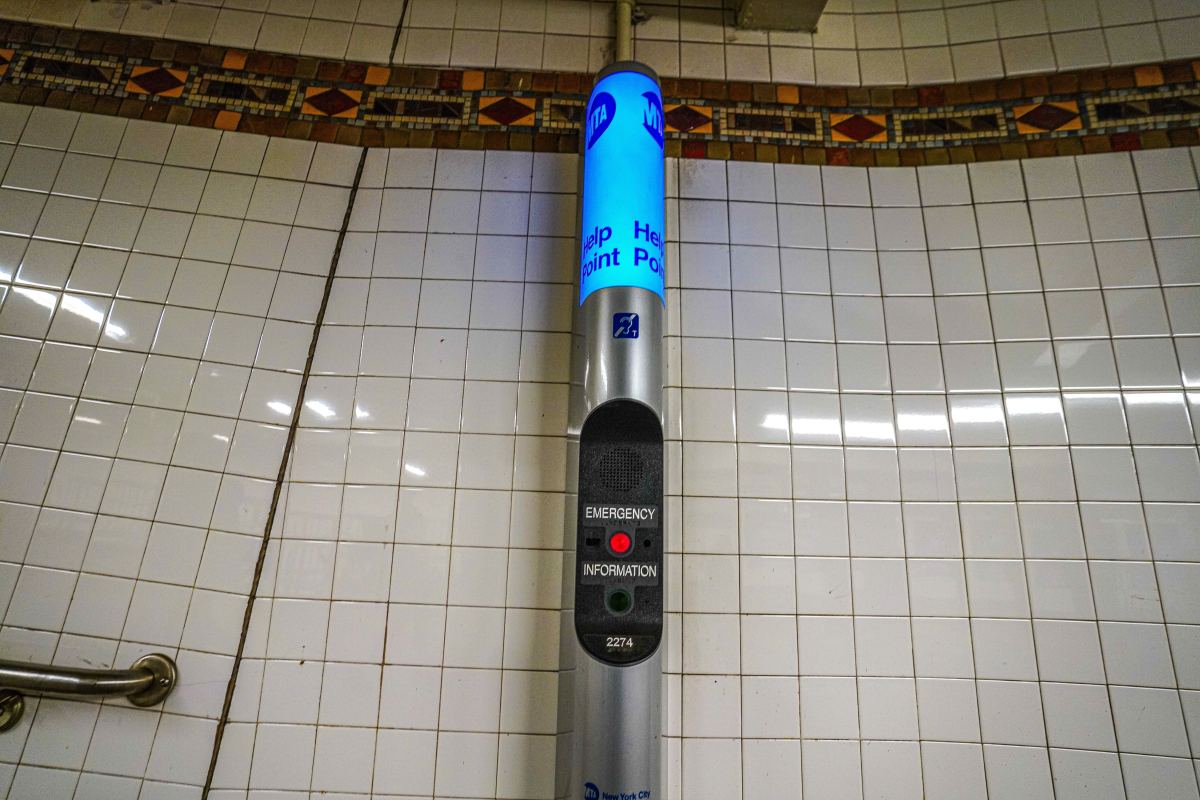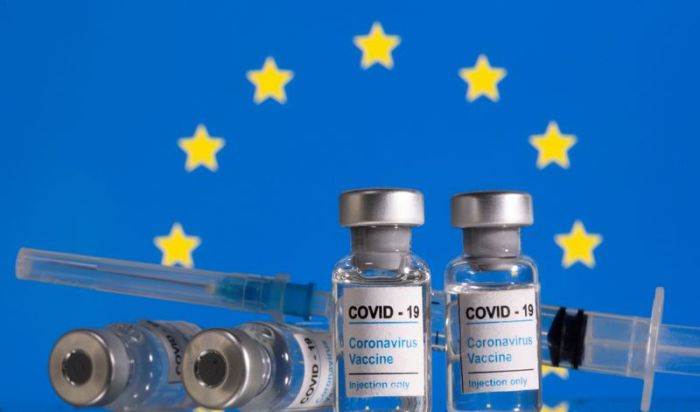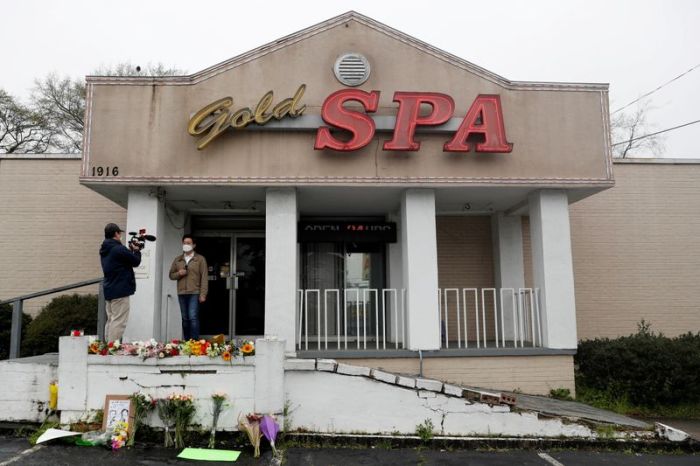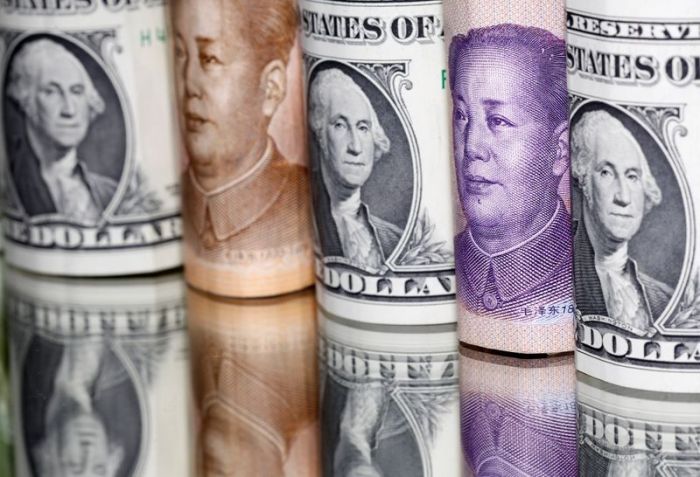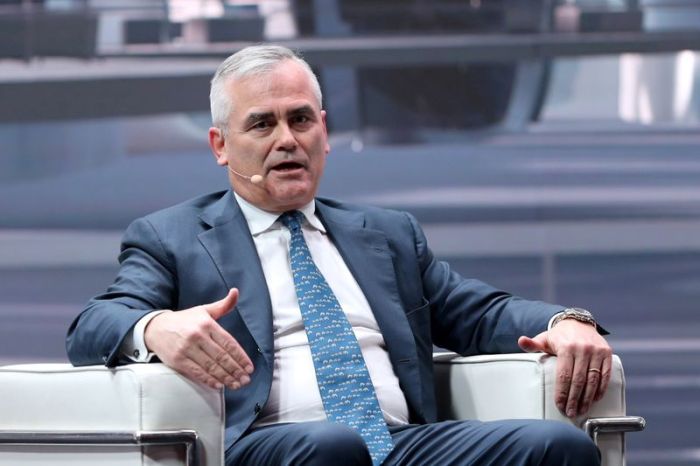ISLAMABAD (Reuters) – Pakistan has reversed its decision to allow uncapped prices for COVID-19 vaccines imported by private firms, the health minister said on Thursday, a move that coincided with the arrival of a first shipment of privately imported Russian Sputnik V shots.
Pakistan, with a population of 220 million and largely reliant on the COVAX vaccine sharing initiative for poorer nations, last month allowed private firms to import coronavirus vaccines and agreed to exempt them from price caps.
“Now, however, there is a formula, already in vogue, to determine maximum price,” minister Faisal Sultan told Reuters. “So yes, there is a price cap that DRAP (Drug Regulatory Authority of Pakistan) will recommend and get approval for.”
An official with M/s AGP Ltd, the company that imported the Sputnik shots, said a first shipment of 50,000 doses arrived on Wednesday night and that it will be made available to the public as soon as the government agreed on a price.
The official spoke on condition of anonymity because he wasn’t officially authorised to release the information.
Russian Direct Investment Fund (RDIF), responsible for marketing the Sputnik V vaccine abroad, confirmed to Reuters that a batch had been delivered to Pakistan.
The decision to allow commercial imports of vaccines with an exemption on upper price caps had sparked criticism that it would be unfair.
China’s Sinopharm and CansinoBio, Sputnik V and AstraZeneca vaccines are approved for emergency use in Pakistan, which hasn’t secured any vaccine from manufacturing companies, relying so far on donations.
The country is vaccinating frontline health workers and older people with over 1 million doses of Sinopharm donated by longtime ally China.
Prime Minister Imran Khan, 68, got his COVID-19 vaccine on Thursday, said a video statement from his office that showed him getting the shot.
Pakistan is seeing a sharp increase in COVID cases. It has recorded 615,810 coronavirus infections and 13,717 deaths, with 3,495 cases and 61 deaths reported in the last 24 hours.
(Reporting by Asif Shahzad in Islamabad, Syed Raza Hassan in Karachi, Pakistan. Additional Reporting by Polina Ivanova in Moscow; Editing by Toby Chopra and Jonathan Oatis)

